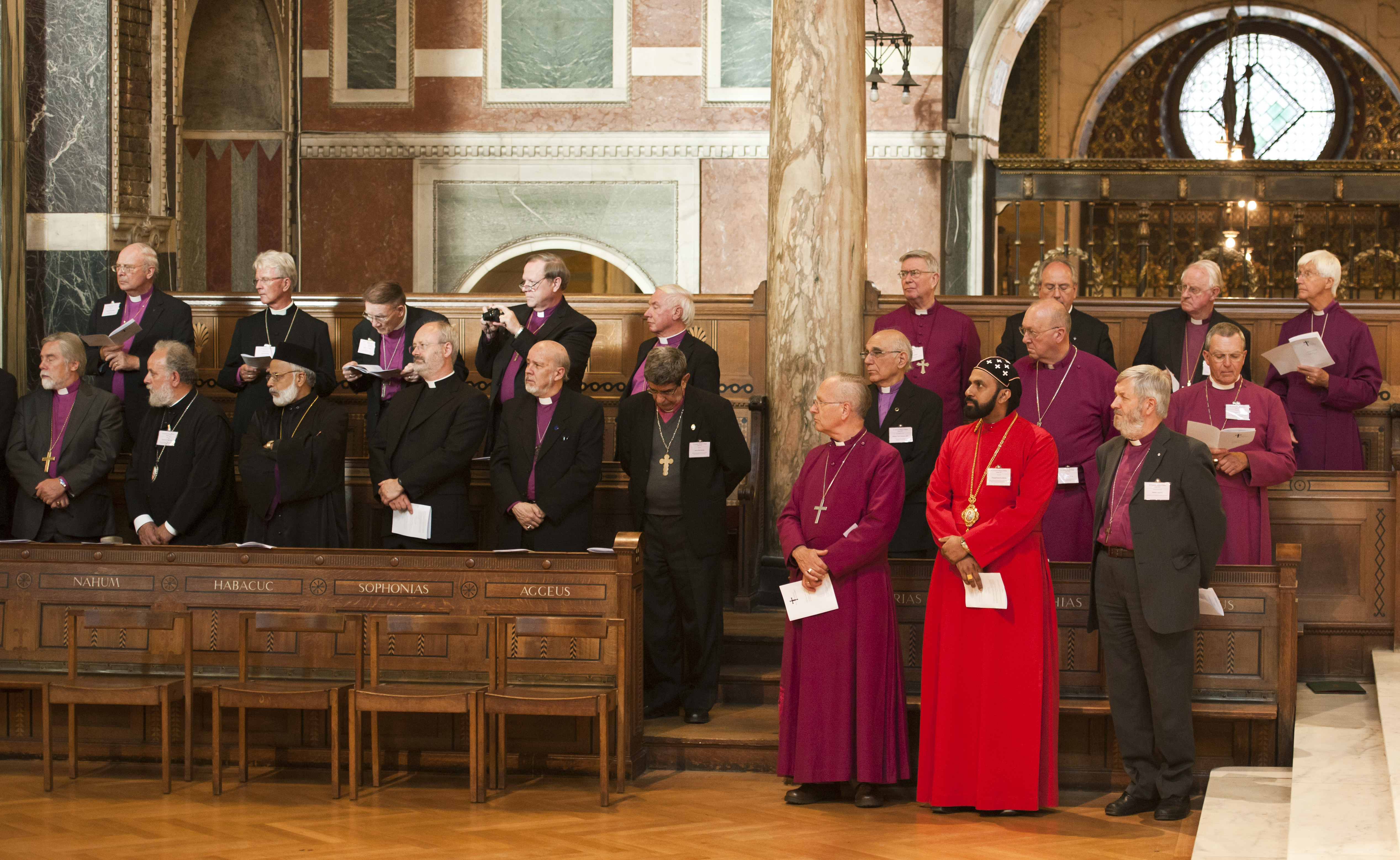Sandra Fernandes (Master Student in Judicial Law, School of Law, University of Minho)
▪
On the 15th of January 2020, the Portuguese Supreme Court issued a decision concerning a dispute on copyright relating to clothing designs.
The process began in August 2013 with an action brought before a Portuguese court of first instance by G-Star Raw, against Cofemel, requesting the latter to be ordered to cease several acts constituting infringement of the former’s copyright and unfair competition. G-Star Raw further requested compensation for the harm suffered in consequence of such acts taken by Cofemel, by means of a penalty payment. Specifically, G-Star Raw argued that some designs of jeans, sweatshirts and t-shirts manufactured by Cofemel were comparable to some of their own designs in a way that violated copyright, given that those designs constituted original intellectual creations and, as such, ought to be classified and protected as ‘works of art’. This status would place G-Star Raw’s creations under protection of article 2 of Portuguese Code on Copyright and Related Rights.
Continue reading “Portuguese Supreme Court’s Decision n. º 268/13.2YHLSB.L1.S1 in relation to CJEU case C-683/17: portraying the empirical importance of preliminary rulings”








